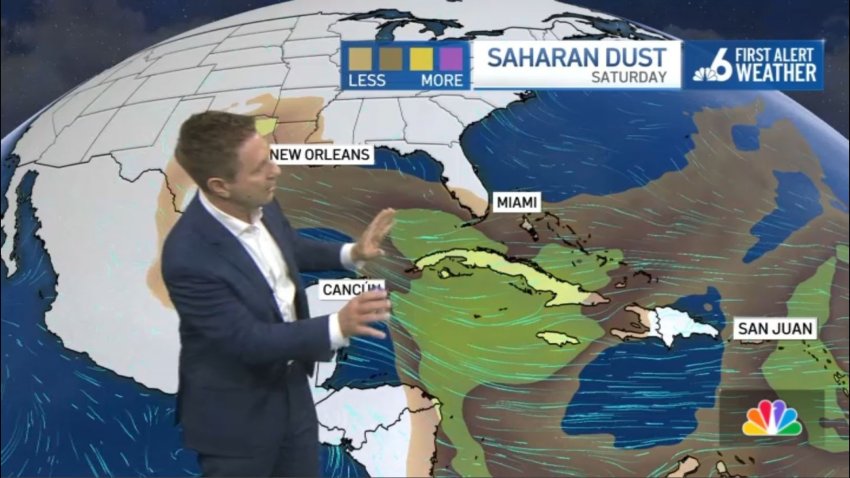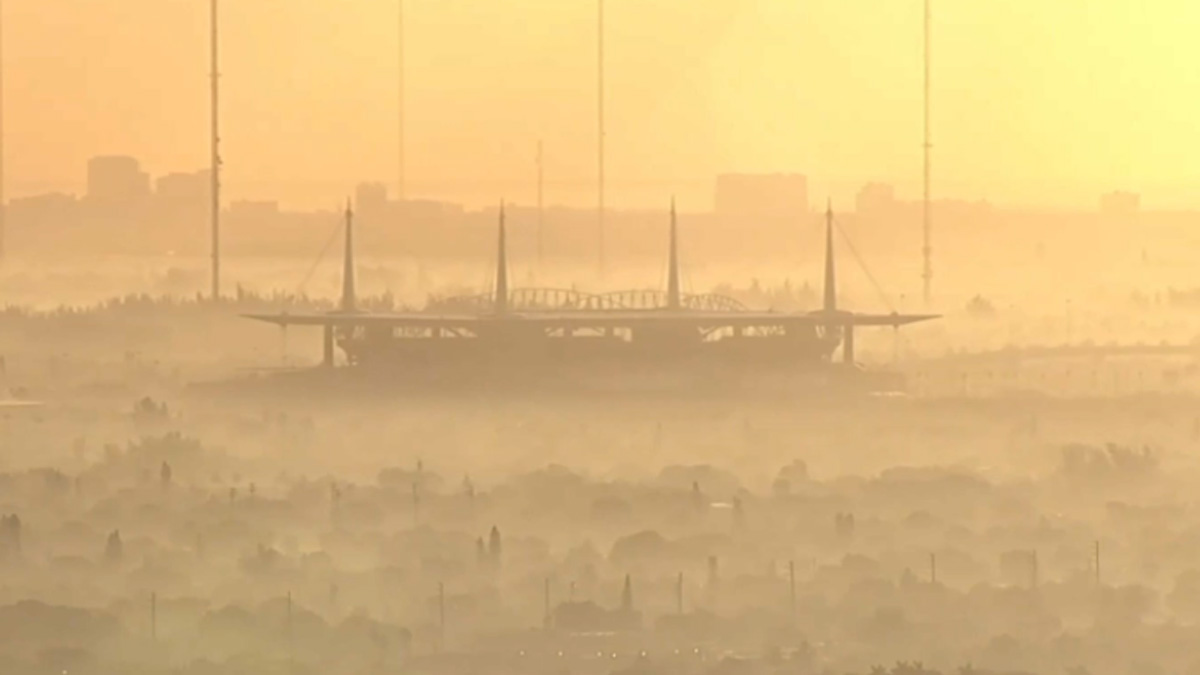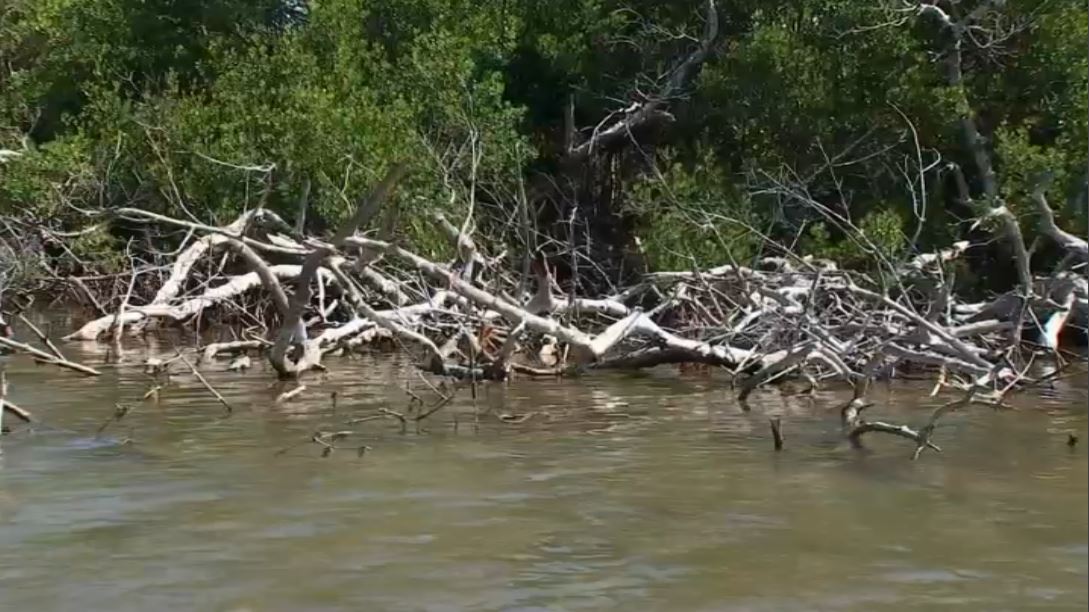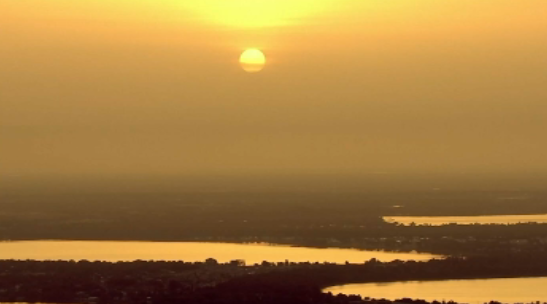NBC6’s Adam Berg has your forecast for today, Wednesday, July 10, 2024.
If you look up Wednesday, you may notice a little extra gloom to the South Florida sky. And while we are tracking some cloud cover, a good portion of the blanket is Saharan Dust.
This dust is kicked up by thunderstorms in Africa, and if the trade winds are just right, it can travel the entire Atlantic basin and end up in our backyard.
Watch NBC6 free wherever you are
Expect the dust to lower rain chances and cause poorer air quality this week.
While not a huge issue for your lungs, this level of dust can be problematic for sensitive groups. We will be in the “moderate” air quality range for a few days before returning to the “good” range this weekend.
Get local news you need to know to start your day with NBC 6's News Headlines newsletter.
And that better air quality will move in with the region's typical rainy season thunderstorms.
Hey, this is one way to get some slight relief from the high temperatures.

Positive and negative impacts of Saharan dust
There are some benefits to this phenomenon. It’s been linked to beautiful sunrises and sunsets, along with a noticeable glow in the sky.
It’s also been known to transport nutrients like iron across the ocean and deposited on land. These nutrients act like fertilizer and is at least partially responsible for some of the nutrient rich soil in the Amazon.
These plumes of dust can impact weather events as well. This dust appears to be responsible for weaker tropical cyclones and may in fact prevent some from forming altogether. The air associated with this dust is drier and likely chokes off these tropical systems.
There are also some known negative impacts from these particles. Besides being hazardous for health, especially for persons with respiratory issues like asthma, Saharan dust has been known to negatively impact coral reefs. It's also linked to algae blooms.




